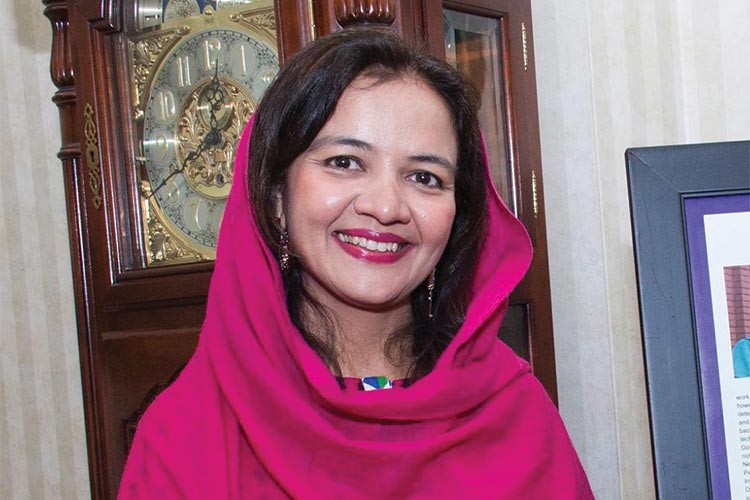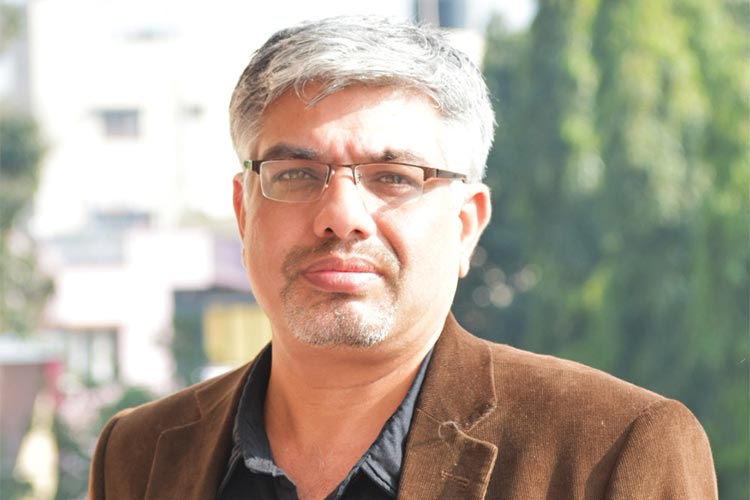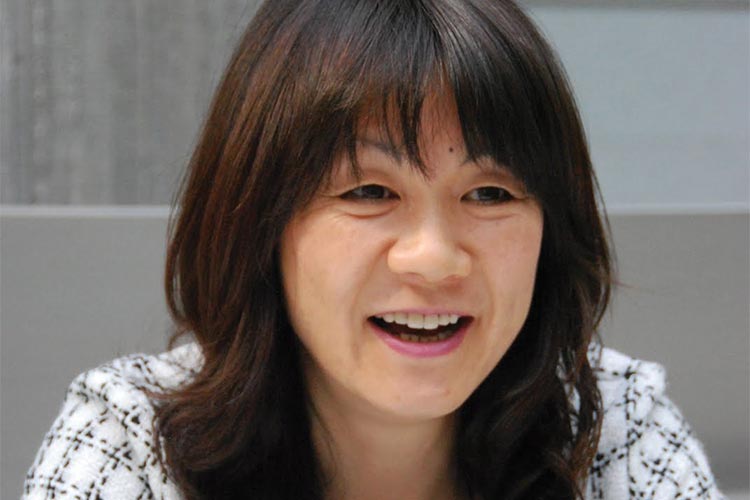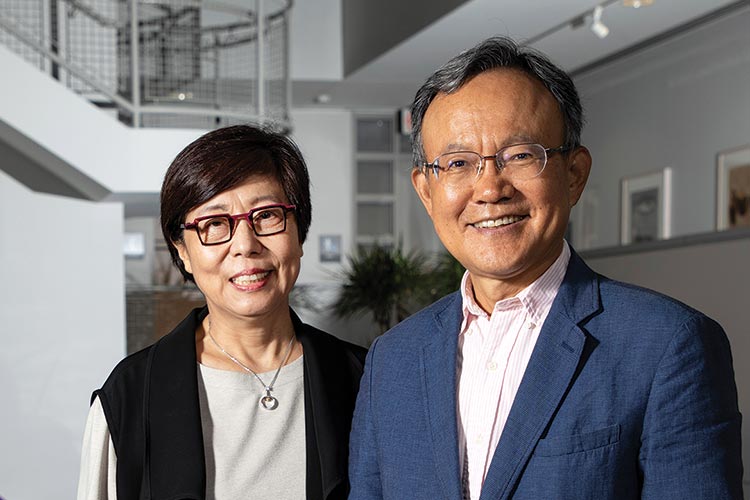Open to All Challenges
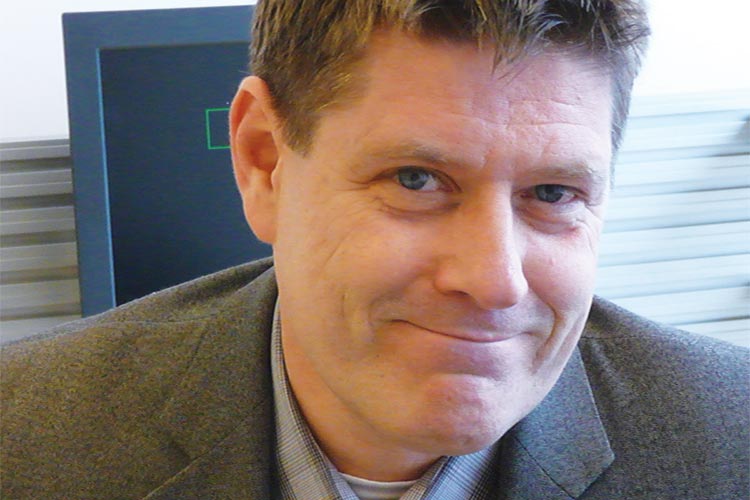
When Gerd Schwartz arrived at UAlbany as a non-degree exchange student from Berlin in 1984, he planned to spend a leisurely year taking classes in economics, then head back. But things turned out differently.
“I was told that I was expected to work very hard. I took this as a challenge to define ‘hard’ for myself and asked to take five master-level classes. Soon, I was drowning in work but struck by how much my professors were supporting me and believing in me,” he recalls. Having survived his first year, he applied to the Ph.D. program in economics and was admitted with a 10-credit graduate assistantship. When the bill for 12 credits arrived and Schwartz told his adviser he was broke, the stipend was increased to cover the remaining two credits.
At every step, the University was “super-accommodating,” says Schwartz. For instance, in May 1988, he was offered a job in Washington, D.C. Schwartz asked if he could take a leave from his doctoral studies for a semester, then return to earn a teaching assistantship. The answer was yes.
He completed the Ph.D. in 1989, earning a master’s degree along the way. Even before graduating, Schwartz accepted a position with an investment bank in Luxembourg but was hired by the International Monetary Fund (IMF) in Washington, D.C., in 1990. In his early years there, he aided Poland’s transition from a centrally planned economy to a market economy – work Schwartz recalls as “thrilling.” He adds, “There was no ‘textbook manual’ available, but through my graduate studies at UAlbany, I felt well prepared.”
Schwartz went on to work on “crisis cases,” including Mexico, Argentina, and Brazil, where he had the advantage of speaking Spanish and Portuguese. (He learned Portuguese at UAlbany.)
The IMF, he notes, “is like an ‘emergency hospital’ for countries in economic trouble. It helps governments undertake necessary economic reforms, but also pushes international creditors to keep their credit lines to the country open.”
His work later took Schwartz to European crisis countries, such as Greece and Portugal. He even did a stint as a fundraiser for IMF capacity development work. Today, as deputy director of the organization’s Fiscal Affairs Department, Schwartz provides advice to inform key IMF decisions.
Looking back, Schwartz has fond memories of UAlbany’s economics faculty, including professors Thad Mirer, Michael Jerison, Kajal Lahiri, and Michael Sattinger. He also has the highest regard for his thesis committee: professors Terry Kinal, Bruce Dieffenbach, and Harry Richardson, for whom he also worked as a graduate student. “They challenged me to do things I didn’t know I was capable of and were always there to help.”
Schwartz, a 2014 Distinguished Alumni Award recipient, advises students: “Don’t turn down challenges.” Asked to teach an evening-M.B.A. class during his last semester in the Ph.D. program, he found the adult students – all working professionals and mostly older than he – “knew much more than I did on practical matters and initially didn’t see much point in studying economics and learning about monetary and fiscal policies. We all grew in that semester, sharing our knowledge and developing great mutual respect. It was a wonderful experience!” recalls Schwartz, editor of two books and author of more than 40 journal articles.
He also urges students: “Embrace change and throw yourself into new things that come your way. And don’t be so wedded to a single career plan that you can’t accommodate something completely different.”

